Kultura Nova is a public foundation promoting civil society organisations in the field of contemporary arts and culture. The foundation was established in 2011, when the Croatian parliament adopted the Law on Kultura Nova Foundation. The idea of this new institution was born among non-governmental associations that work in the fields of arts and culture in Croatia. Kultura Nova provides financial support to civil society organisations. Its work is strongly focused on improving the working conditions and framework for functioning and development of civil actors in a specific cultural niche of contemporary arts and culture. In this interview, Dea Vidovic, the foundation’s director explains the principles of the organisation and the notion of participatory governance that inspired its work.
How would you describe Kultura Nova?
Kultura Nova Foundation was founded with the idea of creating bridges in the cultural system in order to help NGOs that have become important players in the last 20 years. The Croatian cultural system is still based on a model that was established during socialist times, although many things have changed in the last 30 years. Being aware of the fact that any serious changes of the cultural system takes time, civil society organisations came up with the idea of establishing a separate foundation.
The foundation is the result of a very successful bottom-up initiative that started in 2004. In the end, after seven years, the law on Kultura Nova Foundation has been created. The main financial sources of Foundation are the lottery funds, and we increased our budget several times in the last few years; we started with €400,000 and in 2020 our budget was €1.7 million. We work as a grantmaking and operating foundation. The support has been secured through various grant schemes for arts productions and distributions, independent cultural spaces (cinemas, theatres, galleries, cultural centres, etc.), preparation of new projects and selection of new programs, artistic researches, development of program and advocacy collaborative platforms on local, national, and European levels, audience development, artistic and organisational memory, and professionals’ development. As an operating foundation, Kultura Nova within its Research & Development Department conducts researches, organises capacity building educational programmes, and participates in cultural policy framing. It could be said that it’s an institution complementary to the needs of the actors, it is dedicated to and contributes to improving the framework within which they are working.
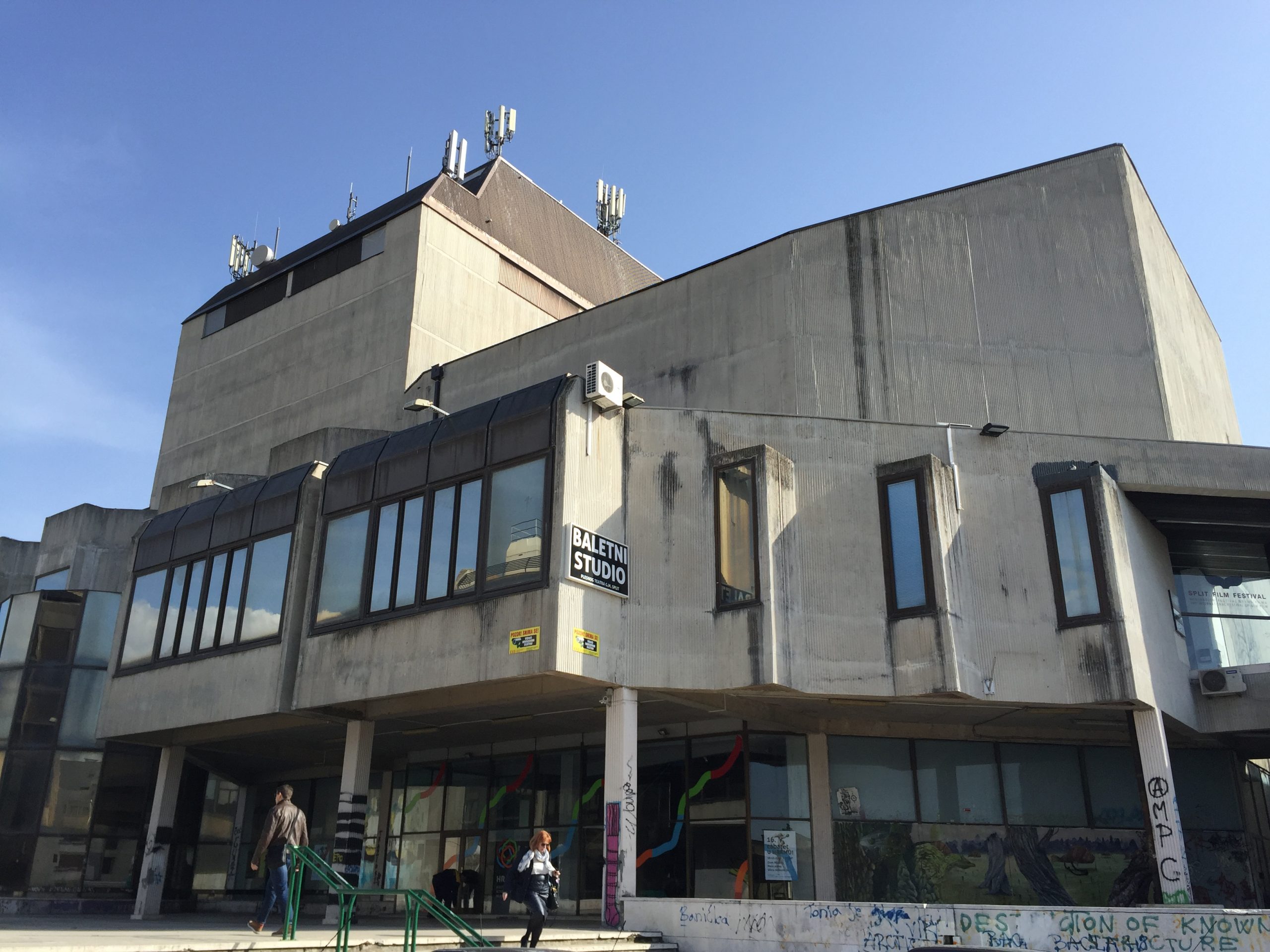
From the moment of conceiving the foundation, Kultura Nova puts a great emphasis on network building in the civic and cultural spheres? Why is it important to focus on networks?
We are all aware that we live in the era of networks. Some of them are the products of neoliberal capitalism. But also, it’s the result of the development of different technologies – informational and communication technologies – which influence our society, and also our society influences this kind of development. The new circumstances in which we live in the last 15-20 years created lots of possibilities for networking and interconnectivities.
So, what is a network? An umbrella of organisations or individuals, depending on the context based on a common need of the members who come together and work towards certain objectives. The members have a real benefit for being part of a network. It can be sharing information or knowledge, it can be creating new, joined projects, new possibilities and also it is a good base for advocacy and lobbying, to increase the visibility of actors who join forces to work together. In the field of culture, if we look at the past 30-40 years, we see different types of networks. The first ones worked mostly as representative, informative networks, so being part of a network legitimised your work and you could use it as a member, as a proof that you are working. Throughout the years, networks also became operative or collaborative networks; they started to produce new knowledge and share this knowledge among each other, and advocate members interests and needs within the relevant cultural policy framework on European, national, regional or local levels in order to improve the ecosystem within which they operate.
Networks are non-bureaucratic, horizontal, flexible structures. The decentralised nature is another characteristic of networks: they are really adaptable to very unpredictable demands. Most networks in the cultural field have legal constitutions and democratic decision-making processes, and all decisions are passed by an assembly. This active participation in the creation of the network is crucial. It depends on the local context and the country. Each network needs a coordination office or secretariat.
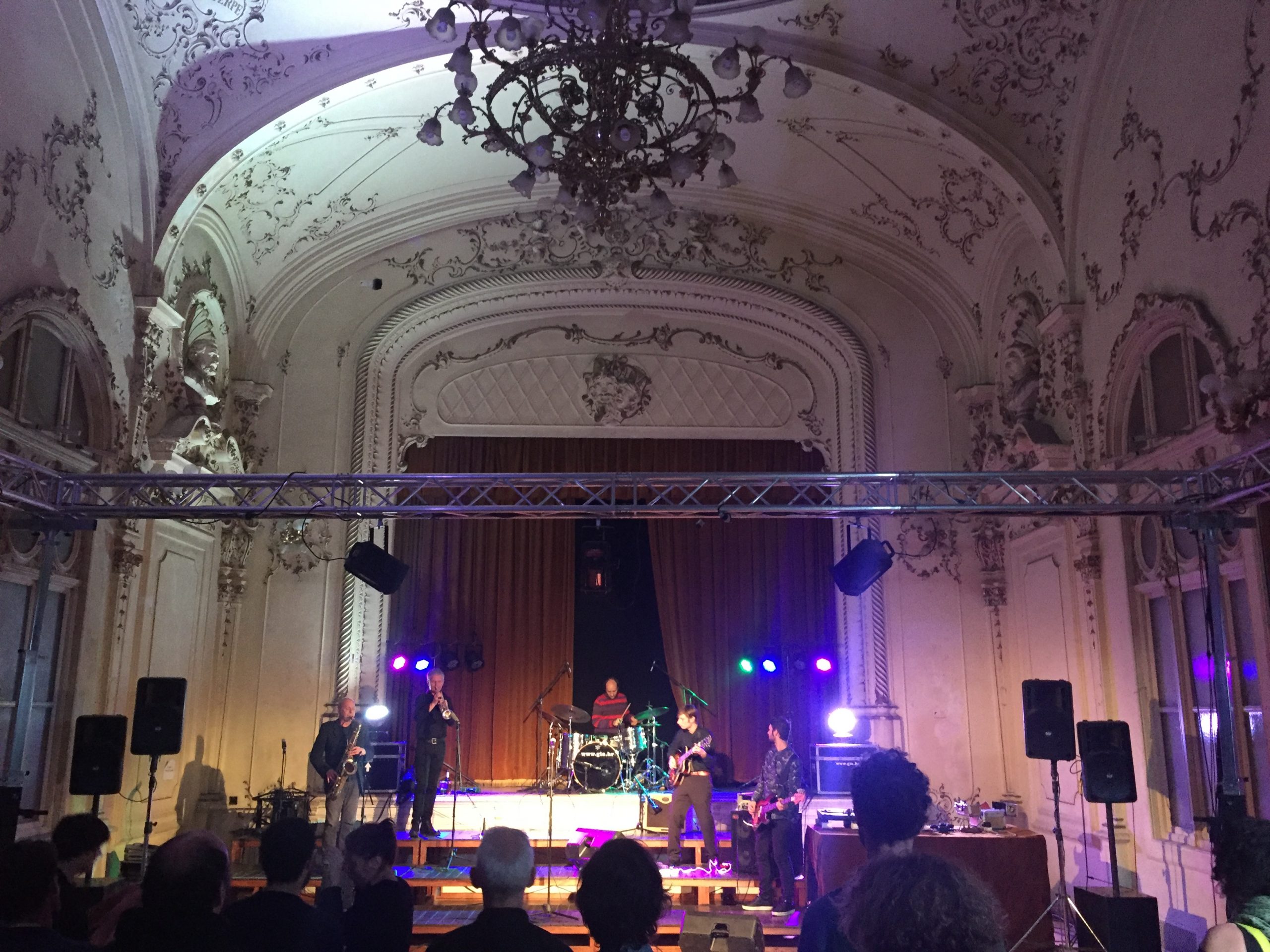
When we started to think about our grant scheme for collaborative platforms, we were inspired by the Clubture network. With Kultura Nova, building on the logic of Clubture, we wanted to create a framework to encourage other organisations to come together and collaborate, by giving them better condition to work together.
Where do you see the influence of Clubture on the Croatian cultural scene?
Clubture is a programme platform, a network of NGOs in the cultural field, established in 2002 with a focus on culture as a process of exchange. The fundamental idea of Clubture is programme sharing and exchange. The goal is the decentralisation of cultural production and distribution in Croatia, which is predominantly very centralised and mostly happens in Zagreb. So Clubture came out with an idea to create a model for programme exchanging and sharing among members but also non-members. They raised money and invited all members – but made it possible to apply also for other NGOs that are not members yet – to submit some joined projects and programmes of exchange and collaboration. The defined model is based on involvement of a minimum of three organisations from a minimum of three different cities and organising cultural activities in at least three different cities.
Defining the criteria of becoming a member of Clubture is part of the network’s activities, including deciding about which projects should be financed and who should implement them. This is the model of participatory grantmaking. It means peer to peer review, where all members of the assembly and all NGOs that proposed projects come together and evaluate all the proposals. This model really motivated many NGOs to join and work together ever since 2002. Clubture also initiated and designed other projects in the area of education and in advocacy. It was the main network that was involved in the advocacy process that led to the creation of Kultura Nova Foundation. Together with other cultural organisations and networks in Zagreb, Clubture established one of the most important initiatives, Right to the City, which carried out a perennial campaign pointing out the fact that the city government favoured the interests of a private investor instead of public interest within the project of conversion of a building block in the city centre, and initiated many other campaigns to protect the devastation of the public spaces in the Zagreb.
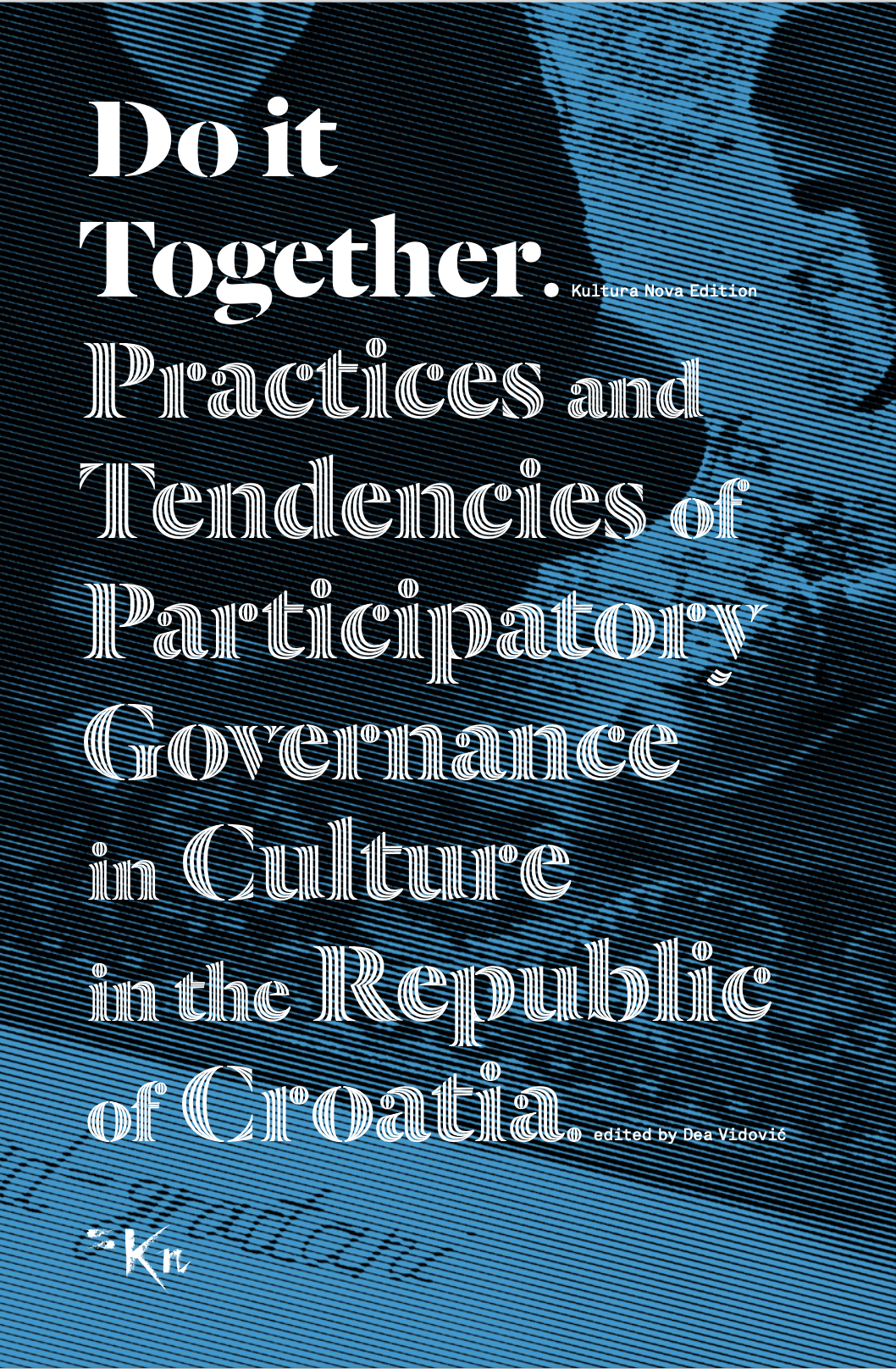
A lot of changes came from the civil society organisations in culture, influencing the cultural policy framework on national or local levels. Why? Because a lot of organisations and a lot of people come together, encourage and empower each other to work together based on their common interest and need. At some point, the independent cultural scene became aware that they are a political fact. This awareness emerged at the beginning of the 2000s, when representatives of NGOs in culture in Zagreb came together and created a Policy forum, a fluid platform that organised meetings around different topics, discussed various cultural policy issues, and explored how to influence and change the cultural policy system. Step by step the organisations became stronger and some changes in the institutional framework did happen that influenced and strengthened civil society as a whole and in the cultural field.
How does this legacy live on in Kultura Nova?
Changing position influences the way you work. In Kultura Nova, we have decision-making bodies, which means that it is a hierarchical institution. We try to create Kultura Nova as a much more transparent institution, a very progressive public institution in the Croatian context.
During the whole process of institution-building, it was crucial for us to listen to what is happening on the ground. To find a balance between the top-down and bottom-up approach is definitely the most important thing. Through the “Participatory Governance in Culture” project that we developed between 2016 and 2018, we took on the role of a matchmaker in order to help different stakeholders from the public and civil sector to come and work together around the participatory governance model. Through a series of activities, we tried to help them to build trust between each of them, because mistrust is still one of the biggest problems in the Croatian context.
How did Kultura Nova get involved in participatory governance?
We recognised that most of the sub-national advocacy platforms that we support through our grant programme, focus on social and cultural centres based on the model of participatory governance and some kind of public-civic partnership. They started to use former abandoned buildings, public infrastructure such as military facilities and factories, that are used by different beneficiaries while trying to establish a partnership with the public authority based on the participatory governance concept. Thanks to our constant dialogue with them and their demands for structural and professional support, we recognised that they need much more than financial support. So, we started to work on the participatory governance as a valid model to improve the quality of democratic institutions, to rethink the role and mandate of public cultural institutions and democratise them, improve dialogue and level of cooperation among involved stakeholders, raise their mutual trust, increase their governance capacities, improve the ways of citizens’ participation in decision-making, distribute public resources in a much more appropriate way, etc.
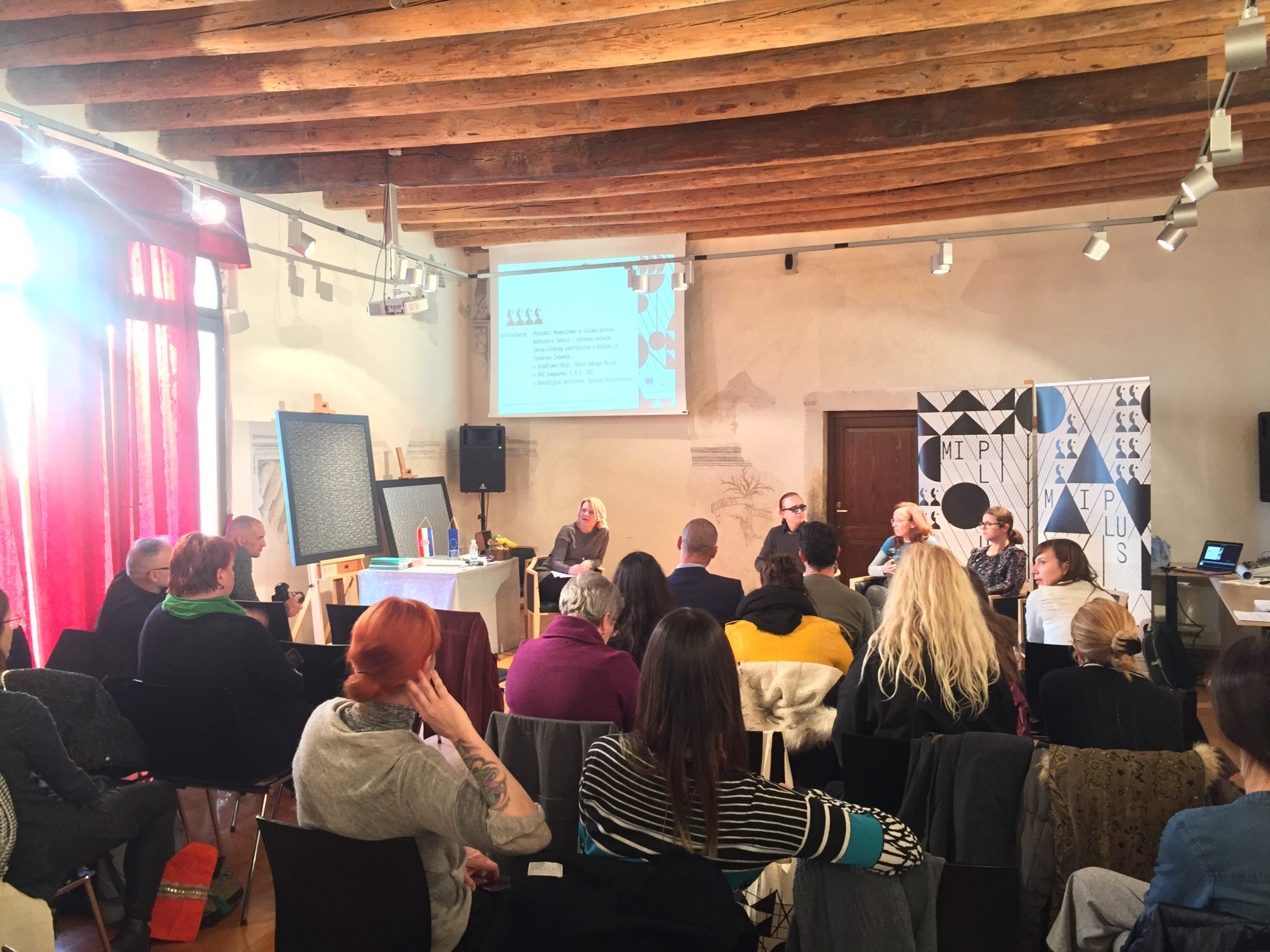
What are the basic principles of participatory governance for Kultura Nova?
The idea and concept of participatory governance is rooted in the third wave of democratisation. The deficiencies of democratic institutions (crime, corruption, political elites) prompted various activists, theorists, politicians to come up with the idea of participatory governance to address these problems.
The concept of participatory governance is used to establish new public institutions which are based on shared responsibility and government between different stakeholders, including the public authority, public institutions, civil society organisations, different NGOs, formal and informal groups, citizens, artists, etc. The variety of stakeholders and level of their involvement depends on the local context, but also on interests, needs and motivation of each involved actors. The main idea for participatory governance is the redistribution of power, it is the process of authoritative devolution, the empowerment of citizens where the community makes the decision.
Among a great number of principles, the following four play a very important role during implementation of participatory governance models: legitimacy and transparency, responsibility, equity and openness. All of them are fundamental for creating perspectives for the democratization of the cultural system as well as establishment and maintenance of new governance models based on sharing responsibilities among various actors who often do not have high level of trust between each other.
What are the elements of establishing a participatory governance model?
In 2015, we published a book titled “Workbook for Social Centres”, it is available online but only in Croatian. This publication contains a series of recommendations and issues for establishing a specific participatory governance model in practice. Based on our research and work to give support to cultural initiatives in Croatia, we identified three basic elements that are key to developing different participatory governance models: constituting, strategic and operative elements. Inspired by the concept of governing the commons while sharing limited resources, we created a list of questions to address within each of the three elements. We explored these issues with networks supported by Kultura Nova in their establishment and maintenance of a specific participatory governance model.
The constituting elements help us to create a governance structure. As a group, we have to ask ourselves many questions: Who are the stakeholders involved, who is sitting at the table? What are the governing bodies? How to create the decision-making process? Who is authorised to make decisions?
The strategic elements help us to create policies. The crucial questions here are: Who are the beneficiaries of our model that we are trying to establish? What are the users’ rights? What are the procedures of the model, the terms and conditions, the ways of engaging the local community, how to secure the sustainability of the model?
The operative elements are related to daily issues, referring to the work of people who coordinate an initiative or a network on a daily basis. The questions emerging here are: What are the ways of monitoring at different timescales? Who oversees the implementation and who do they respond or report to? What are the conflict resolving mechanisms? What are the sanctions for the users, beneficiaries and stakeholders who do not follow the rules that we agreed upon together?
As a foundation, what are your ways to bring together different cultural actors and encourage them to cooperate?
We believe collaboration is crucial, it strengthens organisations on the local or national level. This kind of connection with others, with peers, exchanging information and producing new knowledge encourages initiatives not only to work together but also to persist and survive. We support and encourage the establishment of different collaborative platforms. One is related to programme exchange on the national level. This kind of structural program collaboration can help and be really useful for the decentralisation of cultural production and distribution. The second type of collaborative platform that we support is advocacy platforms on the subnational level. We think that organisations should also take on responsibilities for changing and improving the environment and policy framework in which they work in order to create better conditions for themselves in their ecosystem or cultural landscape. Kultura Nova also provide grants for collaborative platforms on the European level for their program sharing and exchanging or various advocacy activities relevant to their members. With these grant schemes we created the framework to fund initiatives to collaborate and work together along their wishes, needs and interests.
As Kultura Nova, we do not organise participatory grantmaking processes, but several platforms we support, like Clubture and Kooperativa, use the participatory grantmaking approach. They use peer to peer review and decide together which projects will be implemented with the help of funds they receive from Kultura Nova or other funders. When they apply for our funds, they apply with models and ideas that will be financed in the next years through their platforms. We give our grantees opportunities to share responsibilities, both for the programming and for budgeting.
How do you implement participatory governance schemes with already existing initiatives?
As I explained earlier, by listening and evaluating our grantees, we recognised challenges that they faced within their participatory governance practices, and developed our project on participatory governance, trying to help them as a matchmaker, building the capacities of all involved stakeholders and support them to increase the level of trust among each other. We included seven social-cultural centres based on civil-public partnership that emerged across Croatia, and organised a series of workshops and meetings for them and all relevant actors involved in their practices. Within the project we presented the participatory governance concept and discussed relevant issues at the international conference, and also conducted a research whose results we published in the “Do It Together” publication. Since we wanted to avoid any top-down approach, each activity was based on the stakeholders’ needs: we decided together with them how to structure each milestone.
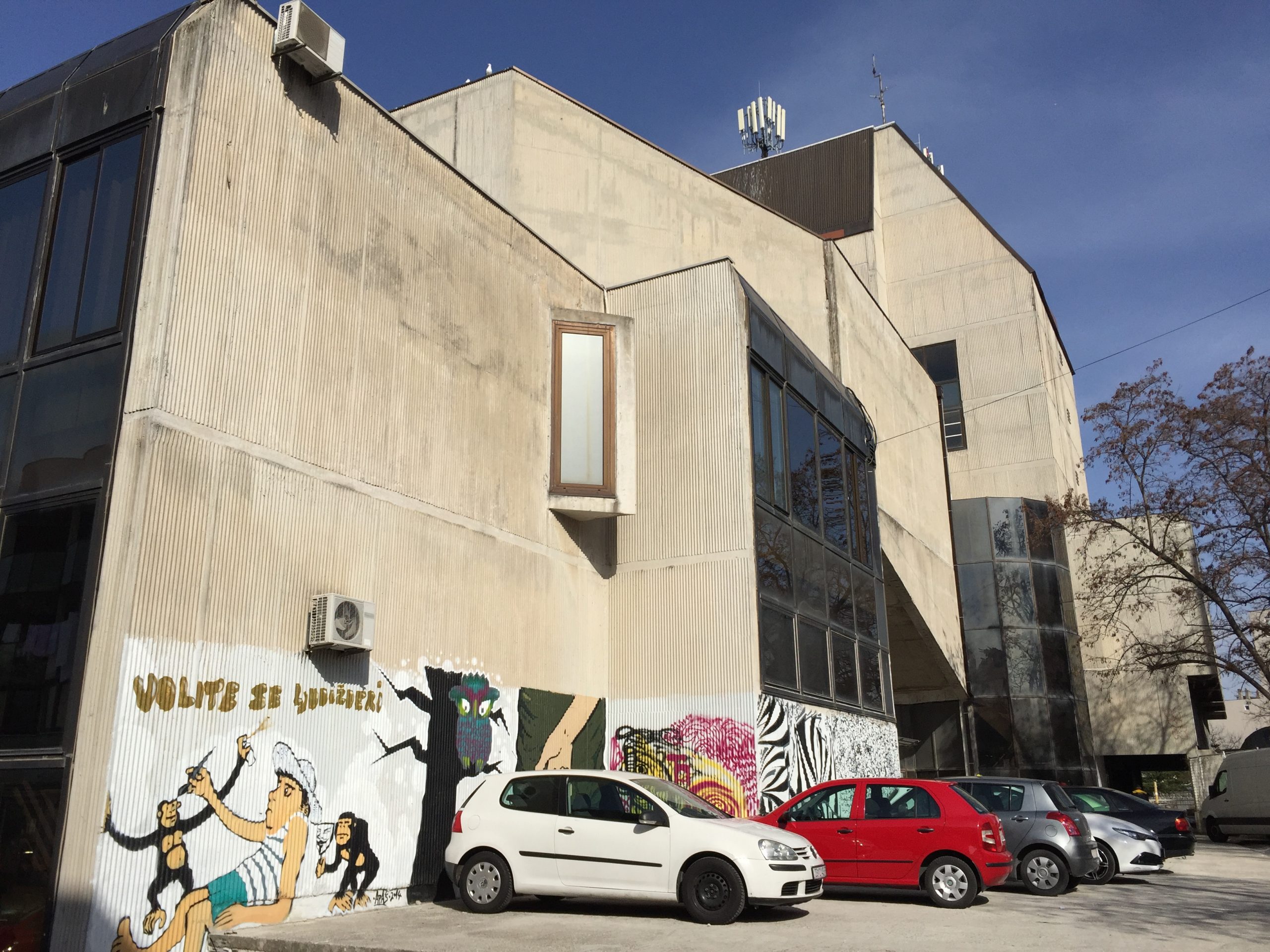
I will give you one of the examples of participatory governance practices that we included in the project. It is the social centre Rojc in Pula, Istria, that is located in the biggest building of Pula, a publicly owned former military complex of over 16,000 m2, now used by more than a hundred civil society organisations. They established some kind of public-civic partnership with the City of Pula, the owner of the building, trying to improve their practices and their model of cooperation, but in that long period of time with many misunderstandings and conflicts among the involved stakeholders. Namely, the initiatives occupied and squatted the building in 2001, and since then they are working hard to establish and then to improve the public-civil partnership.
In the period when we implemented our project, Rojc wanted to improve its relation with the local communities in the neighbourhood. Parallel to this, Rojc wanted to open an urban garden and a new café within the centre. Since our project also developed a strand for the sensibilization of the local community to the concept of participatory governance, we decided together with Rojc’s representatives not to organise a classical workshop for the neighbourhood, rather to invite them to come and get involved in building of the urban garden and crafting and decorating furniture for the café. That way members of the local community spent the day in Rojc, talked about their interests, got details on participatory governance, and how to be involved in the decision-making process.
What is the role of co-managing spaces in these mechanisms of participatory governance?
The concept “participatory” means activities in which people take part. The involvement of participatory concept to the governance, implies that authority and management should be shared with the citizens to whom the public cultural resources belong. The case studies within our project follow the path of institutional innovation in the domain of participatory governance whereby the citizens are directly involved through CSOs in the deliberative policy discussion on the modes and purposes of public cultural resources. These examples are not about finding an attractive or politically correct purpose in deindustrialised, post-transitional cities with the aim of reconstructing economic and social fabric. It is more about rethinking the role, position and mandate of what cultural institutions are or should be and how it affects the sustainability of the entire cultural domain in the respective local and national communities. It is also about sharing the responsibility for the sustainability of cultural resources – from infrastructure to programming and access, and it is about being vigilant and responsive to the shifts and socio-cultural needs of communities, especially in the context of social inclusivity and equality. But, implementing participatory governance, especially in relation to sustainability, requires wide motivation in managing and taking responsibility for common resources and committing to the defined rules of collective action.
Interview with Dea Vidovic, Kultura Nova Foundation’s director.
This article appears in the book The Power of Civic Ecosystems: How community spaces and their networks make our cities more cooperative, fair and resilient.

